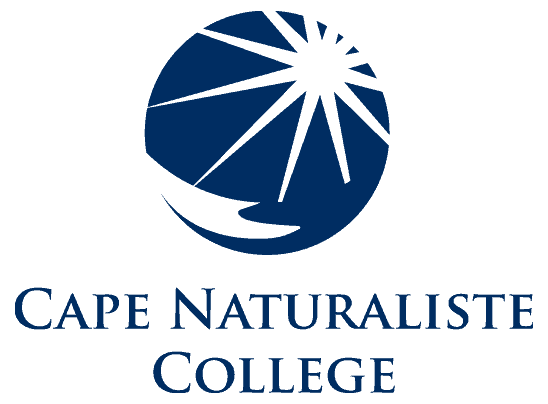
The Arts
The Arts have the capacity to engage and inspire all students and help to ignite the imagination. The Arts learning area at CNC comprises of four subjects: Drama, Media Arts, Music and Visual Arts. Together they provide opportunities for students to learn how to create, design, represent, communicate and share their imagined and conceptual ideas, emotions, observations and experiences, as they discover and interpret the world.
Media Arts
Years 7 – 10
In Media Arts Years 7 – 10, students are provided with a range of opportunities to view media work within the context of a selected focus. Each year they apply their understanding of audience and purpose by creating a range of productions. They also respond to their own and others’ media works and they are encouraged to explore different media trends.
Within production students refine their skills and processes each year for problem-solving, working as a team and following timelines. They complete productions including movie trailers, suspense sequences, television promos, news reports and digital photography folios.
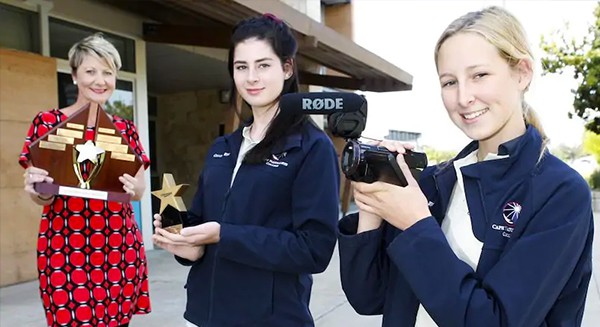
Media Production and Analysis – Years 11 and 12 ATAR
This course focuses on the application of media theory in the practical process. The Media Production and Analysis ATAR course aims to prepare students for a future in a digital and interconnected world by providing the skills, knowledge and understandings to tell their own stories and interpret the stories of others. Students are encouraged to explore, experiment and interpret their world by analysing contemporary life, while understanding that this is done under social, cultural and institutional constraints. Students in Year 11 will undertake a study of Popular Culture and Journalism. Year 12 students focus on the study of Film Art and the Power of the Media to prepare for their WACE exam. They also produce a 5 minute practical submission as part of their external exam.
Media Production and Analysis – General
This course focuses on the development of technical skills in the practical process. The Media Production and Analysis General course aims to prepare students for a future in a digital and interconnected world by providing the skills, knowledge and understandings to tell their own stories and interpret the stories of others. Students, as users and creators of media products, consider the important role of audiences and their context. They work in the media forms of Television, Photography and Film.
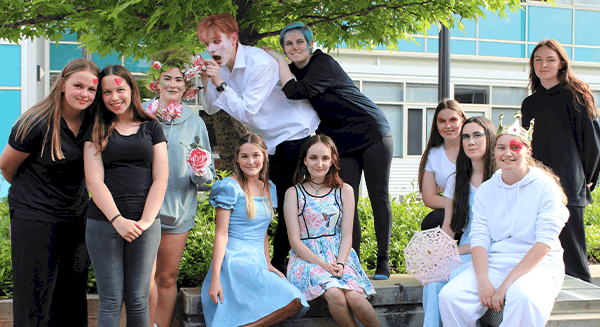
Drama
Years 7 – 10
In Drama, we focus on expanding the creative talent of each student by broadening their knowledge and appreciation of the art form, both as a life skill and a career pathway. Through practicing a range of styles and conventions, students will be provided with learning experiences that will explore the art of storytelling through performance, that connects people of all communities.
Drama is a compulsory subject in Year 7 and becomes an Elective from Years 8 to 12. Performance processes, technical production, collaboration and response are the key components of both programs. There are curricular and co-curricular performance activities that are available to all students.
In the Middle School years, there is a focus on building students’ confidence, focus and listening skills, resilience, collaborative skills and empathy for others. Students will explore a range of theatre forms, including character development, the devising process, script interpretation and production roles.
They will present and respond to a range of performance styles, including Commedia dell’ arte, Mime, Kathakali and Indigenous Theatre. Students will develop performance skills including devising, improvisation, stagecraft and play building. They will learn to respond to theirs and others art-work using the elements of Drama as a guide.
Years 11 and 12
In Senior School we focus on expanding student’s knowledge of drama conventions, forms and styles, and their theoretical understanding of a range of practitioners.
Through a range of workshops, students will develop skills to present authentic artwork through movement, voice, characterisation and technical elements. They will engage in drama processes such as improvisation, play building text interpretation, playwriting and dramaturgy. Drama practitioners they will study include Stanislavski, Brecht, Grotowski, Boal, Artaud and Bogart.
Students’ work in this course also includes exploring production and design roles such as directing, scenography, costume, stage management, sound and lighting.
They will present a series of meaningful performances with an emphasis on ensemble work and collaboration.
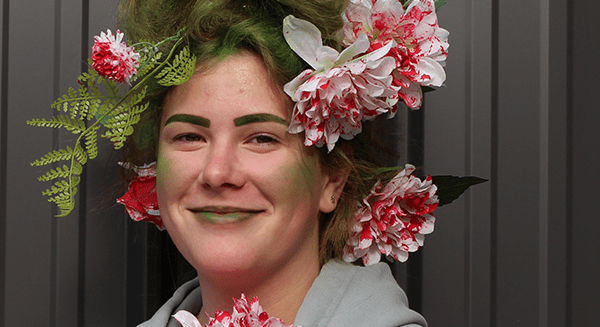
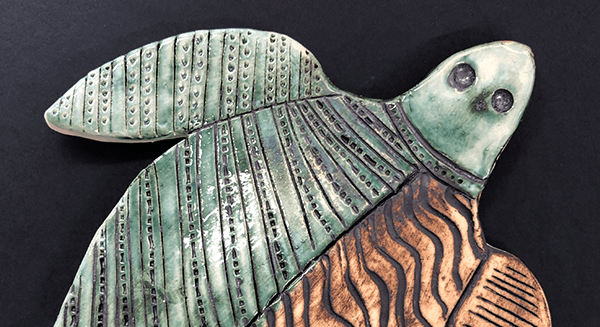
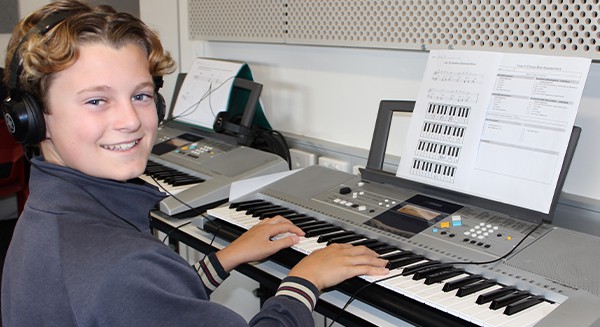
Visual Arts
Visual Arts is universal in its communication and provides a means of expressing ideas, observations, experiences and emotions. At Cape Naturaliste College, our students develop their creative expression and explore a variety of skills, techniques and processes for a wide range of contexts including; drawing, painting, printmaking, ceramics, sculpture and graphic arts.
Years 7 – 10
Visual Arts courses offered in Year 7-10 will develop students’ critical thinking, collaboration and communication skills all relative to today’s global society. Students will develop fundamental skills required to engage in the creation of artwork in a variety of media, with opportunities for students to challenge and extend their practical skills. All Visual Arts courses support the development of analytical writing skills through responding to their own work and that of historical and contemporary artists’. Students who engage in Visual Arts courses in 7 – 10 will be prepared for a specialised Visual Arts curriculum upper school, with courses available in General Visual Arts and ATAR Visual Arts.
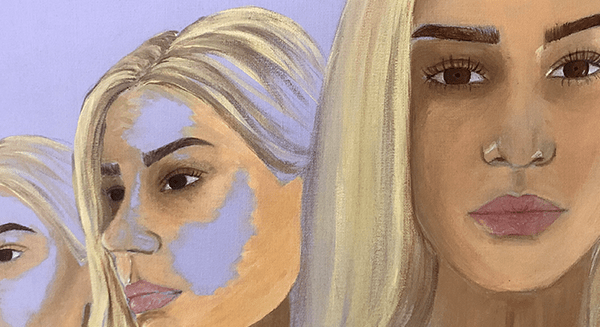
Years 11 and 12
Visual Arts pathways in Year 11 and 12 have a focus on both practical and theoretical components of Visual Arts. Students will respond to themes developed for each unit, producing ideas that are conceptual and expressed through the development of inquiry work and a resolved artwork. Students will demonstrate advanced ability and manipulation of a variety of media, skills and processes to effectively communicate ideas.
Students will have the opportunity to exhibit their work in the College and in community exhibitions and competitions.
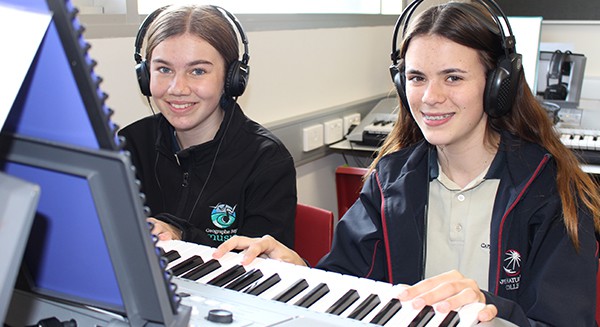
Classroom Music
Years 7 – 10
In Year 7, students are given a Taster course designed as an introduction to music. They learn music skills and gain knowledge when performing, composing and listening to music. They begin to develop their aural skills and memory to identify, sing/play and transcribe music. They experiment with the elements of music to improvise and create simple compositions within given frameworks.
Students are provided with opportunities to participate in listening, analysis and score reading activities, focusing on the use of the elements of music and key stylistic features.
In Years 8- 10, students extend and consolidate music skills through performing, composing, aural and analysis activities.
Students explore their emerging personal style and music ideas through combining and manipulating the elements of music.
They build on their understanding and interpretation in musical works, using aural and critical analysis skills. They use scores and music terminology to analyse and evaluate the use of the elements of music.
Students practise and perform a wider range of solo and ensemble repertoire, developing and consolidating technical skills, expression and stylistic integrity. As performers and audience members, they are encouraged to express their thoughts and feelings about music, identifying personal preferences and the reasons for them.
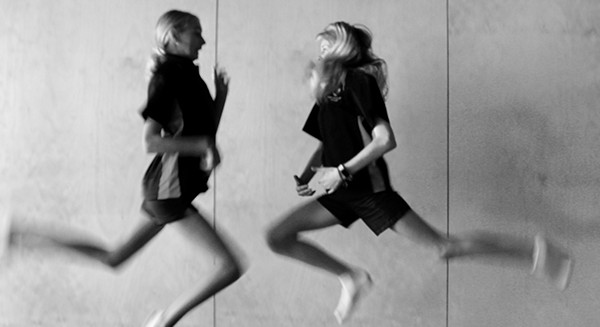
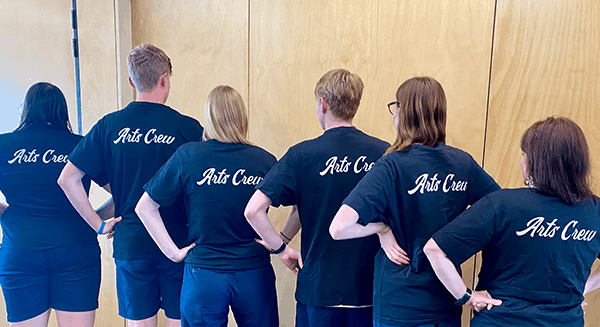
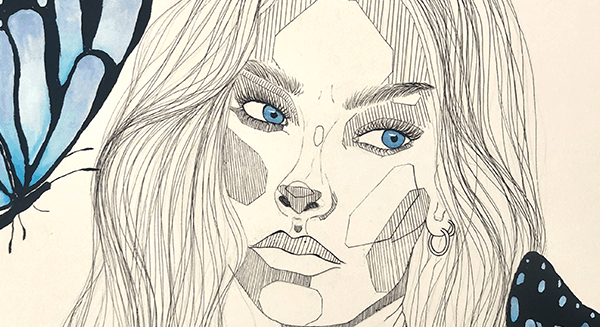
Dance
Dance is expressive movement with purpose and form. Through Dance, students learn to represent, question and celebrate human experience, using movement as the medium for personal, social, emotional, physical and cultural communication.
Active participation as dancers, choreographers and audiences promotes wellbeing and social inclusion. Learning in and through Dance enhances students’ knowledge and understanding of diverse cultures and contexts and develops their personal, social and cultural identity.
At CNC Dance is currently offered to students from Years 7 – 10.
In Year 7, Dance students build on their understanding of improvising and experimenting with the elements of dance (BEST) and choreographic devices to create dance that communicates an idea. They continue to improve their dance skills, focusing on developing technical competence in relation to body control, accuracy, posture/alignment , strength, flexibility, balance and coordination. They are provided with opportunities to present dance to an audience, developing their performance skills. Safe dance practices underlie all experiences, as students perform within their own body capabilities and work safely in groups.
In Year 8, Dance students continue to use improvisation skills to build on their movement vocabulary. They further develop their dance skills to explore the technical aspects of different dance styles. Students are given opportunities to present dance to an audience, further developing their performance skills of retention and clarity of movement, projection, focus and expression. They discuss how dance can communicate meaning and how dance genres/styles differ.
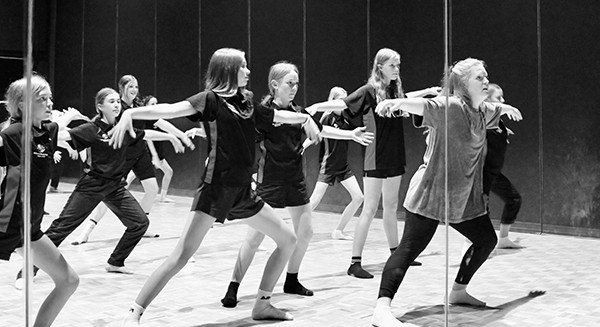
In Year 9, Dance students are given further opportunities to choreograph using the elements of dance (BEST), choreographic devices and structures to develop choreographic intent. They build on and refine technical competence in their dance skills in specific dance styles. They further discuss the choreographer’s use of the elements of dance, choreographic devices and structures, and design concepts for choreographic intent in the dances they make and view. They investigate the evolution of particular dance genres/styles.
Safe dance practices underlie all experiences, as students perform within their own body capabilities and work safely in groups.
In Year 10, Dance students continue to extend their use of the elements of dance (BEST) and choreographic processes to expand their choreographic intentions in their choreography. They extend their technical dance skills to include style-specific movement skills.
Through performance, students continue to work on confidence, accuracy, clarity of movement and projection. They refine their discussion of the use of the elements of dance, choreographic processes and design concepts in their own dance and the dance of others. They investigate dance and influences of the social, cultural and historical contexts in which it exists.

